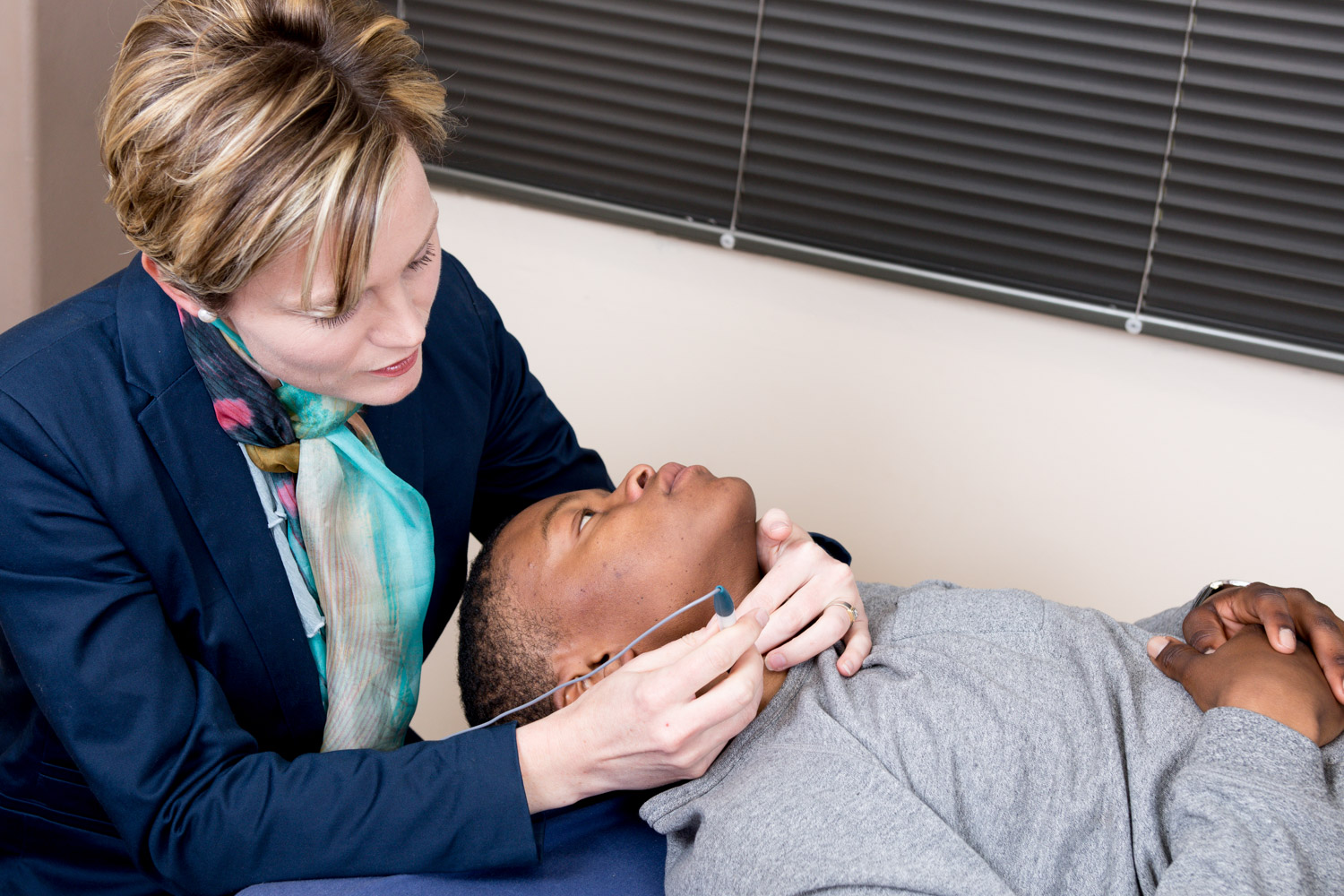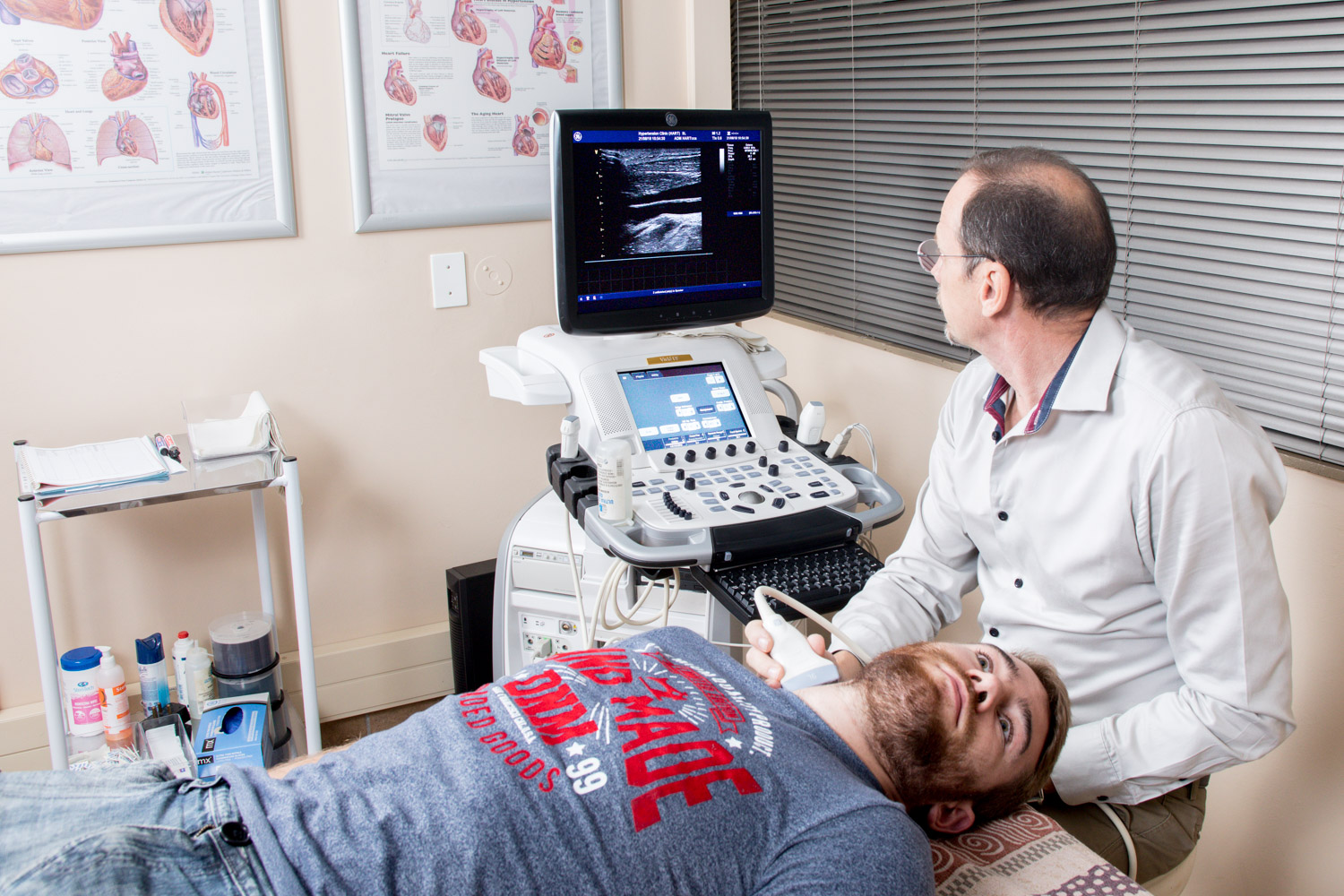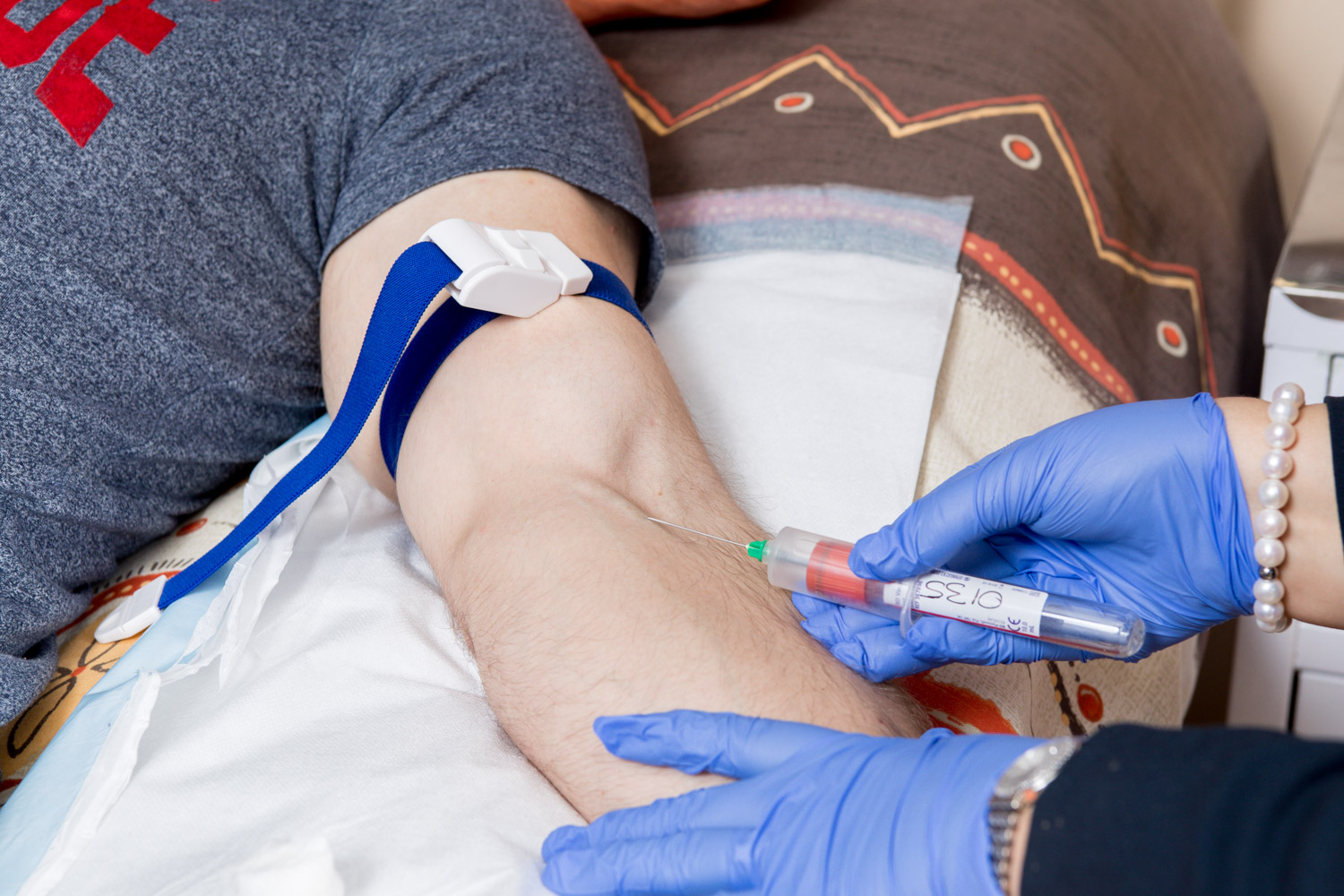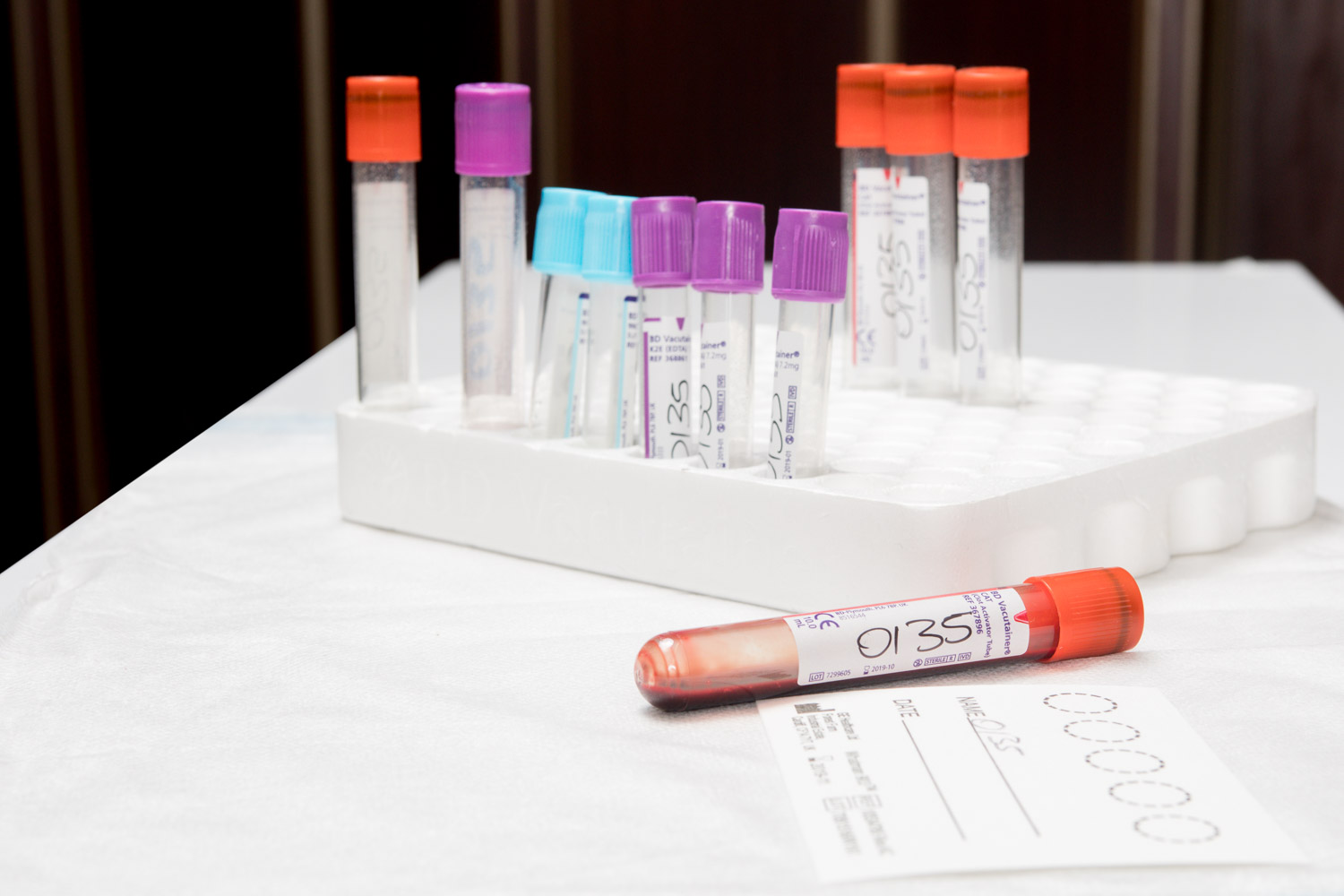About African-PREDICT
African-PREDICT (African PRospective study on the Early Detection and Identification of Cardiovascular disease and HyperTension)
Principal Investigator: Prof Carina Mels
The African-PREDICT study is a longitudinal study that started in 2013, and is expected to continue for the next 10-20 years. A total of 1200 young and healthy, normotensive black and white participants (aged 20-30 years) are included to track the development of cardiovascular deterioration and hypertension development.
Our aim
Building on the existing knowledge gained from epidemiological studies, the African-PREDICT study aims to understand the early pathophysiology accompanying disease development, and to identify novel early markers or predictors for the development of cardiovascular disease in black South Africans. By evaluating conventional and possible novel markers in risk scores, we may identify more effective and sensitive screening indicators, predictors or targets for intervention, which could be implemented as part of successful prevention programmes in Africans at younger ages. To achieve this we perform detailed cardiovascular and novel biomarker measurements, as well as behavioural and biopsychosocial assessments every 5 years in order to identify and understand early changes in cardiovascular function, and specific predictors contributing to the development of hypertension and target organ damage. A large transdisciplinary national and international team of scientists collaborate in this study.
Our facilities






Financial Support
The research project is financially supported by the South African Medical Research Council (SAMRC) with funds from National Treasury under its Economic Competitiveness and Support Package; the South African Research Chairs Initiative (SARChI) of the Department of Science and Technology and National Research Foundation (NRF) of South Africa; the Strategic Health Innovation Partnerships (SHIP) Unit of the SAMRC with funds received from the South African National Department of Health, GlaxoSmithKline R&D, the UK Medical Research Council and with funds from the UK Government’s Newton Fund; as well as corporate social investment grants from Pfizer (South Africa), Boehringer-Ingelheim (South Africa), Novartis (South Africa), the Medi-Clinic Hospital Group (South Africa) and in kind contributions of Roche Diagnostics (South Africa).





